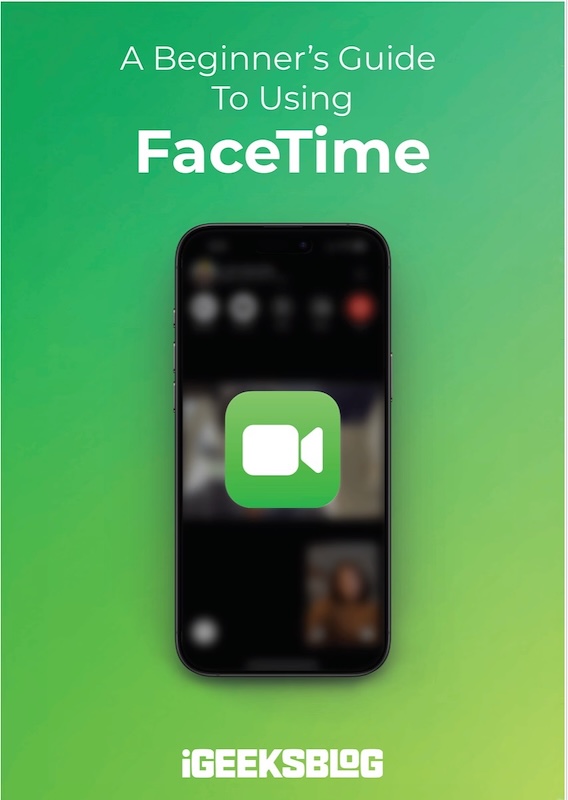
FaceTime Like a Pro
Get our exclusive Ultimate FaceTime Guide 📚 — absolutely FREE when you sign up for our newsletter below.

FaceTime Like a Pro
Get our exclusive Ultimate FaceTime Guide 📚 — absolutely FREE when you sign up for our newsletter below.
UK tribunal blocks Apple’s appeal in a major antitrust case as developers challenge App Store commission practices.
Apple has experienced a significant legal setback in the UK. The Competition Appeal Tribunal (CAT) has rejected Apple’s request to appeal a lawsuit involving over 1,500 app developers, who have accused Apple of “abusive” commission fees on the App Store.
With this ruling, the tribunal’s previous finding that Apple has misused its market dominance stands while the case proceeds into assessing damages.
The lawsuit kicked off in 2023, representing over 1,500 UK app developers who contend that Apple’s 30 percent cut from app sales and subscriptions stands unchallenged because iOS apps are solely available through the App Store. This monopoly, they argue, left them no viable alternatives.
The tribunal sided with developers, determining that:
A key argument in court referenced Steve Jobs’ 2008 statement, noting Apple’s initial intent was to break even on the App Store. Developers assert the current model deviates far from that original intent.
The tribunal is now tasked with deciding on the compensation methodology for affected parties. Final compensation figures are expected next year, initially estimated between £1 billion and £2 billion (approximately $1.3 billion to $2.6 billion).
If these figures stand, it would mark one of the UK’s largest antitrust settlements.
Before a damages model was finalized, Apple sought to appeal but was denied by the tribunal. Moving forward, Apple can still appeal directly to the UK Court of Appeal. Analysts suggest the higher court may hear the case, recognizing its broader implications.
Apple is poised to sustain its defense of the App Store relying on four primary arguments.
Market definition dispute
Apple argues it does not monopolize because it only holds a minority share in the global smartphone market. Regulators insist the relevant market is specific to iPhone apps, over which Apple has complete control.
Centralized App Store for security
Apple contends that only a centralized App Store can maintain its security and privacy standards. However, the tribunal noted that regions such as the EU operate multiple app stores while still obligating Apple to certify app safety.
Compensation for infrastructure
Apple maintains that its commission fees support ecosystem elements like Xcode and developer APIs. The tribunal suggests Apple has already benefited more than it costs to provide these tools.
Question on consumer impact
Apple recently backed a study claiming commission variations hardly influence app pricing. The tribunal dismissed this, affirming that UK consumers did face higher prices due to elevated commission rates.
For developers, this ruling underscores that even giants like Apple can be challenged in court, offering confidence to smaller teams that lack the resources to fight alone. The UK’s collective action model is now attracting international attention.
Observers around the world will closely watch the next steps. If this ruling shapes legal precedent, it could influence how app distribution works globally and reduce Apple’s grip over the App Store ecosystem.
Apple is expected to continue the legal fight, but the balance of power in digital marketplaces is now under greater scrutiny.
Would this change matter to you? Share your thoughts below.